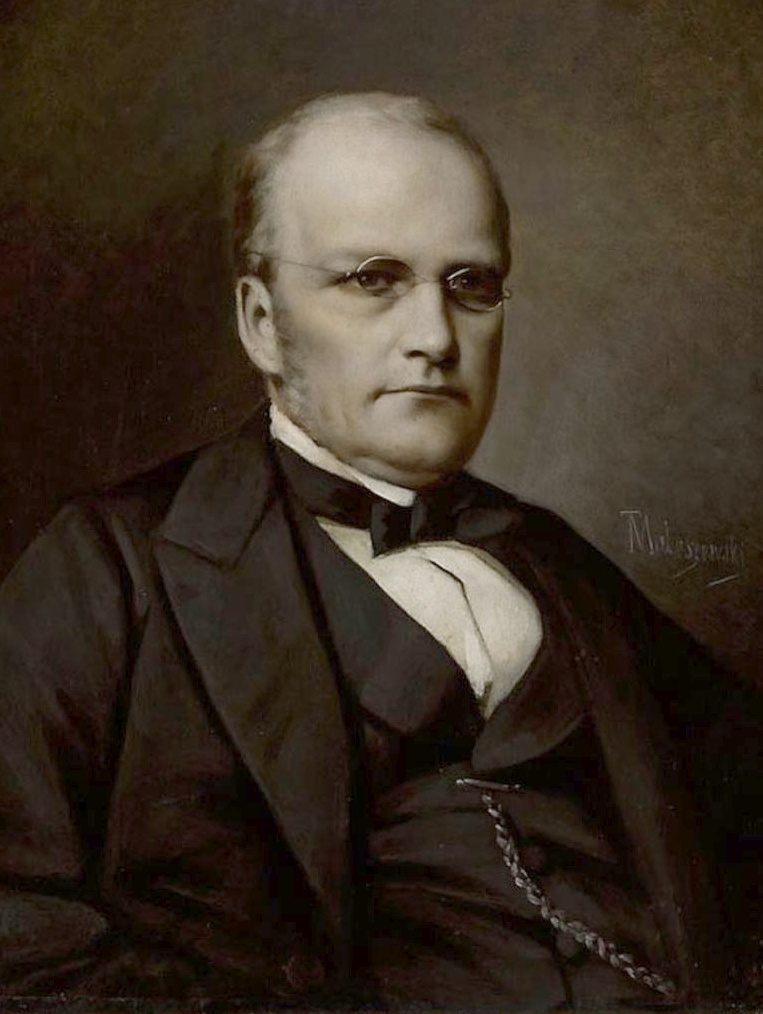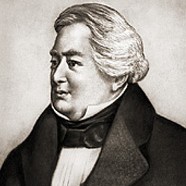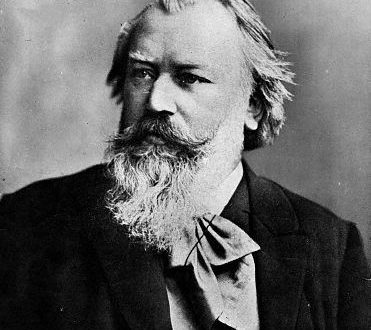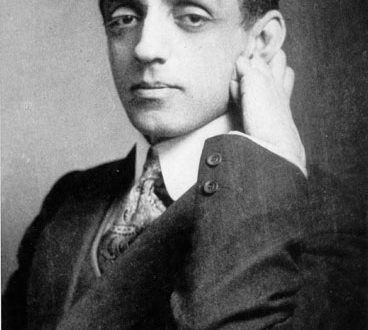
Стнислав Монюшко (Stanisław Moniuszko) |
Contents
Stanisław Moniuszko
The outstanding Polish composer S. Moniuszko is the creator of the national classical opera and chamber vocal lyrics. His work absorbed the characteristic features of the folk music of the Poles, Ukrainians and Belarusians. Since childhood, Moniuszko had the opportunity to get acquainted with the peasant folklore of the Slavic peoples. His parents loved art, possessed various artistic talents. His mother taught the boy music, his father was an amateur artist. Home performances were often staged, and Stanislav’s love for the theater, which arose from childhood, passed through his whole life.
At the age of 8, Moniuszko went to Warsaw – the years of study begin. He takes lessons from the organist and pianist A. Freyer. In 1830, Stanislav moved to Minsk, where he entered the gymnasium and studied composition with D. Stefanovich, and under his influence he finally decided to choose music as his profession.
Moniuszko completed his musical education in Berlin, at the Singing Academy (1837-40). He masters the work with the choir and orchestra, gets a more complete picture of the musical (primarily operatic) culture of Europe. During these years, the first independent works appeared: a mass, 2 string quartets, Three songs on st. A. Mickiewicz, music for performances. In 1840-58. Moniuszko lives in Vilna (Vilnius). Here, far from major music centers, his versatile talent is revealed. He works as an organist of St. John’s Church (the composition of the organ Songs of Our Church is connected with this), performs as a conductor in symphony concerts and at the opera house, writes articles, and gives piano lessons. Among his students is the Russian composer C. Cui, one of the participants in the Mighty Handful. Despite significant financial difficulties, Moniuszko worked with him for free. The individuality of the composer first manifested itself in the genres of song and romance. In 1841 Moniuszko’s first Song Book was published (there are 12 in total). The songs created in Vilna largely prepared the style of his future operas.
Moniuszko’s highest achievement is the opera Pebble. This is a tragic story about a young peasant girl, deceived by a noble gentleman. The sincerity and warmth of the music, melodic richness made this opera especially popular and loved by the Poles. “Pebble” was staged in Vilna in 1848. Its success immediately brought fame to the provincial organist. But only 10 years later, the opera in a new, significantly improved version was staged in Warsaw. The date of this production (January 1, 1858) is considered the birth of Polish classical opera.
In 1858, Moniuszko traveled abroad in Germany, France, and the Czech Republic (while in Weimar, he visited F. Liszt). At the same time, the composer was invited to the post of chief conductor of the Belki Theater (Warsaw), which he held until the end of his days. In addition, Moniuszko is a professor at the Musical Institute (1864-72), where he teaches classes in composition, harmony and counterpoint (among his students is the composer Z. Noskovsky). Moniuszko is also the author of the Piano School and the harmony textbook.
Frequent performances with author’s concerts in St. Petersburg brought Moniuszko closer to Russian composers – he was a friend of M. Gliyaki and A. Dargomyzhsky. The best of Moniuszko’s work is associated primarily with those genres that were not touched by the great Polish classic F. Chopin or did not receive significant development from him – with opera and song. Moniuszko created 15 operas. In addition to Pebbles, his best works include The Enchanted Castle (The Terrible Yard – 1865). Moniuszko often turned to comic opera (Yavnuta, The Timber Rafter), ballet (including Monte Cristo), operetta, music for theatrical productions (W. Shakespeare’s Hamlet, The Robbers) F. Schiller, vaudeville by A. Fredro). Constantly attracts the composer and the genre of cantata (“Milda”, “Niola”). In later years, 3 cantatas were created to the words of A. Mickiewicz: “Ghosts” (based on the dramatic poem “Dzyady”), “Crimean Sonnets” and “Mistress Tvardovskaya”. Moniuszko also introduced a national element into church music (6 masses, 4 “Ostrobramsky litanies”), laid the foundation for Polish symphonism (program overtures “Fairy Tale”, “Cain”, etc.). The composer also wrote piano music, intended mainly for home music-making: polonaises, mazurkas, waltzes, 2 notebooks of the pieces “Trinkets”.
But especially important, along with operatic creativity, was the composition of songs (c. 400), which the composer combined into collections – “Home Songbooks”. Their name speaks for itself: this is the music of everyday life, created not only for professionals, but also for music lovers. “I am not creating anything new. Traveling through the Polish lands, I am filled with the spirit of folk songs. From them, against my will, inspiration pours into all my compositions. In these words Moniuszko reveals the secret of the amazing “sociality” of his music.
K. Zenkin
Compositions:
operas – Ideal (Ideal, 1841), Carmagnola (Karmaniol, 1840), Yellow cap (Zulta szlafmyca, ca. 1842), Wonderful water (Woda cudowna, 1840s), Rural idyll (Sielanka, 1843, Spanish 1852), Pebbles (1st ed., 1848, Vilnius, 2nd ed., 1858, Warsaw), Betley (comic., 1852), Timber Rafter (Flis, comic opera, 1858), Countess (Hrabina, comic., 1860), Word of honor (Verbum nobile, 1861), Enchanted Castle (Terrible Yard; Straszny dwur, 1865), Pariah (Paria, 1869); operetta – Lottery (Loteria, 1843, Minsk; 1846, Warsaw), Recruitment (Pobur rekrutуw, 1842), Musicians’ Struggle (Walka muzykуw, 1840s), Yavnuta, or Gypsies (1st edition under the name Gypsies – Cyganie, 1850, post 1852, Vilnius, 2nd edition under the title Yavnuta, 1860, Warsaw), Beata (melodrama, 1872, Warsaw); ballets – Monte Cristo (1866), Waiting (Na kwaterunku, 1868), Tricks of Satan (Figle szatana, 1870); ballet music for the operas The Merry Wives of Windsor by O. Nicholas and The Bronze Horse by D. Aubert; for orchestra – Overtures Tale (Winter’s Tale; Bajka, Conte d’hiver, 1848), Cain, or the Death of Abel (1856), Military Overture, or Beloved Hetman (Uwertura wojenna albo Kochanka hetmanska, 1857), Concert Polonaise (Polonez koncertowy); for voices and orchestra – cantatas Milda (1848), Niola (1852), Krumine (not finished, 1852) – on the next. Yu. Kraszewski, Madonna (1856), Ghosts (Widma, 1865), Crimean Sonnets (Sonety krymskie, 1868), Pani Tvardovskaya (1869), 6 masses (including Petrovinskaya), 4 Ostrobramsky litanies (Litanie ostrobramskie, 1843 -55); chamber instrumental ensembles – 2 strings. quartet (until 1840); for piano (approx. 50 plays) – Baubles (Fraszki, 2 notebooks of plays, 1843), 6 polonaises, waltzes, mazurkas; for organ – Songs of our church (Piesni naszego kosciola), choirs, wok. ensembles; for voice and piano — St. 400 song; music for drama theater performances – for vaudeville: A. Fredro “Overnight in the Apennines” (1839), “The New Don Quixote, or One Hundred Madnesses” (1842, post. 1923), to the post. “Hamlet” and “The Merchant of Venice” by Shakespeare, “Robbers” by Schiller, “Carpathian Highlanders” by Kozhenevsky, “Lilly Venedy” by Y. Slovatsky.





